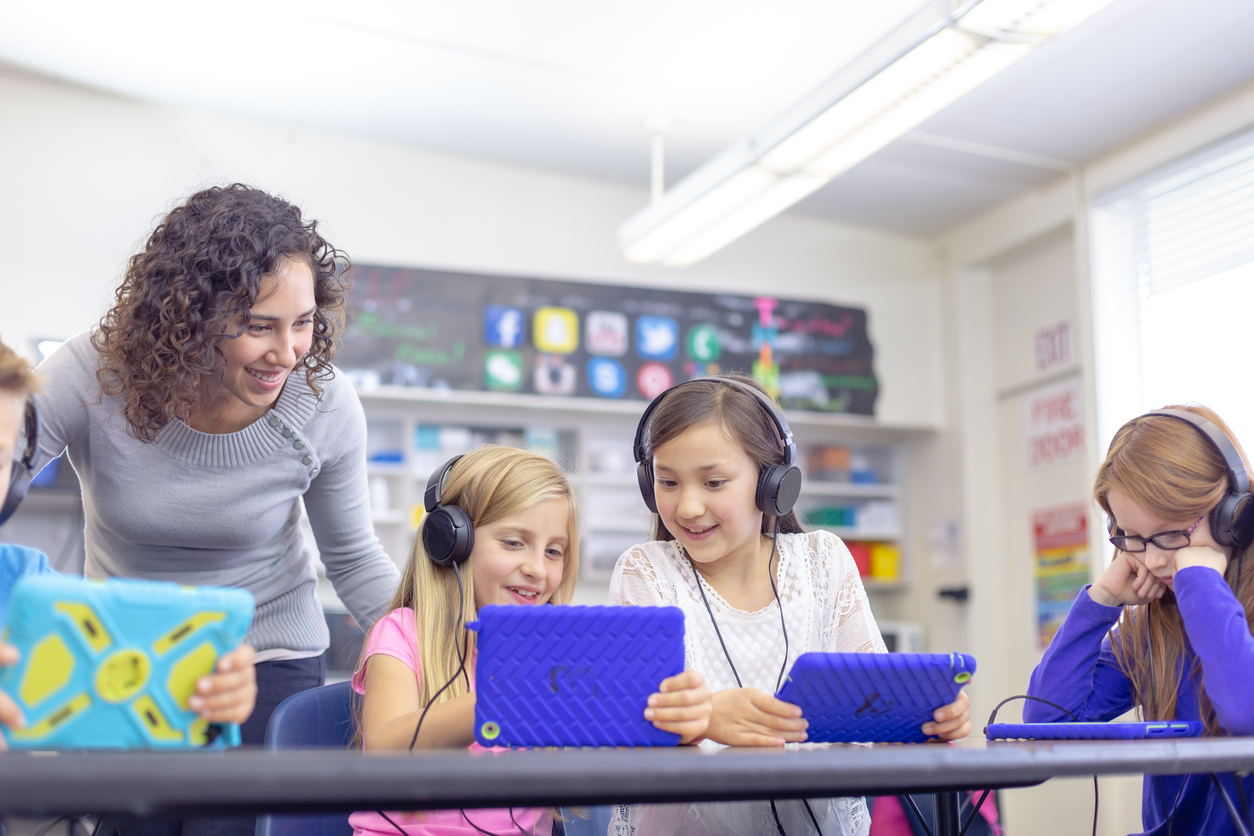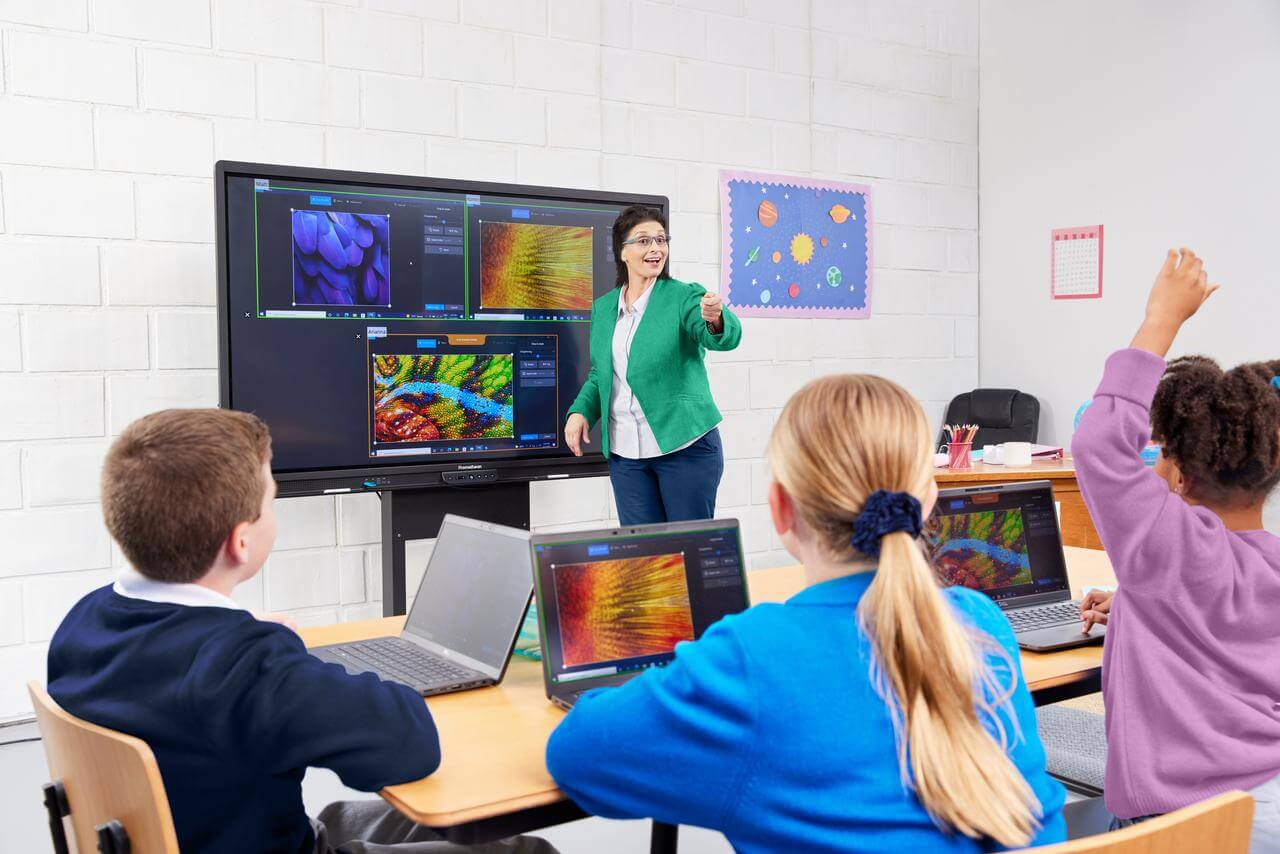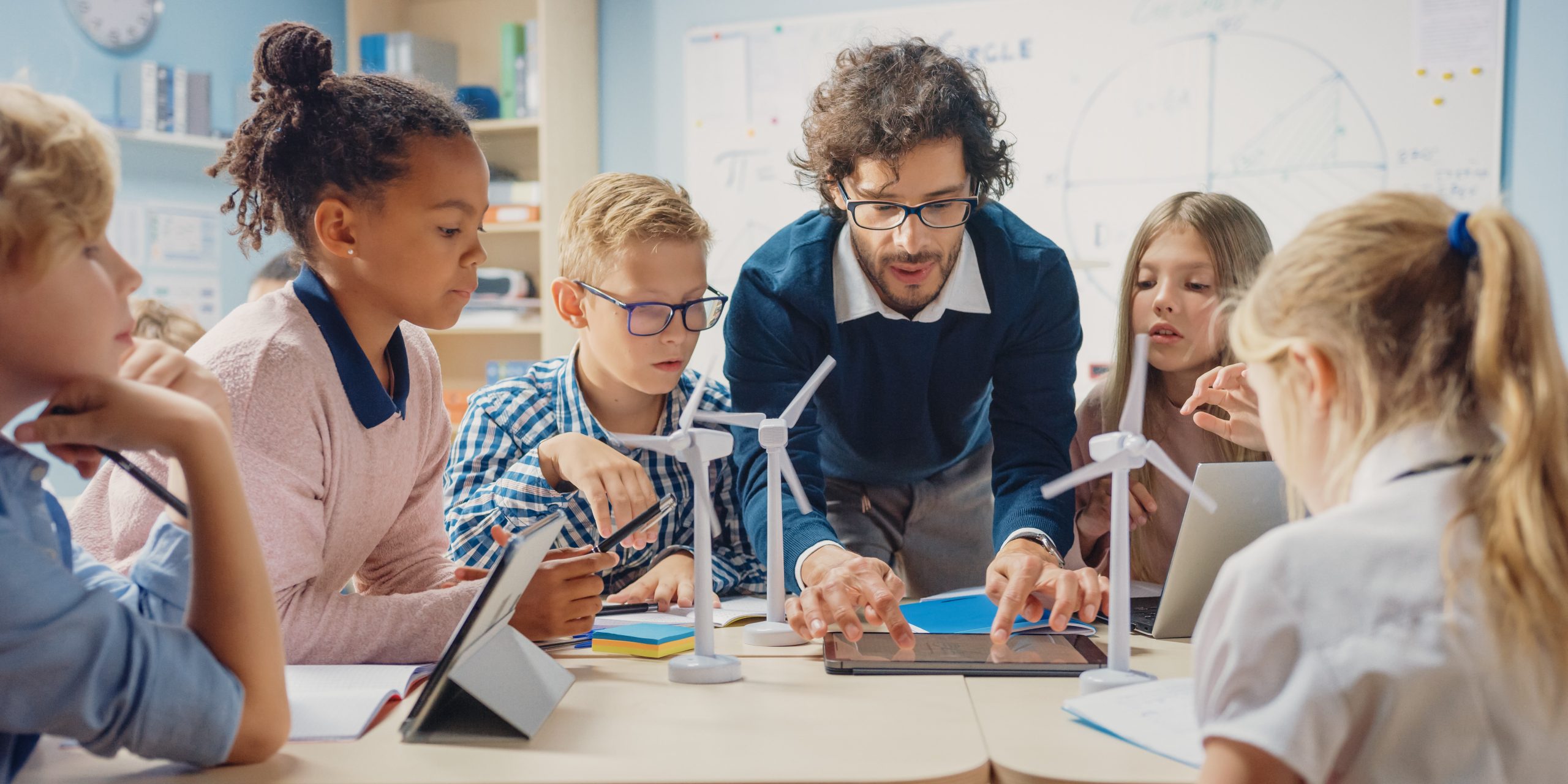Improve Your Child’s Performance with Primary Science Tuition Singapore
Improve Your Child’s Performance with Primary Science Tuition Singapore
Blog Article
Discovering the Different Teaching Approaches in Primary Scientific Research Education Today
Inquiry-based discovering, hands-on experiments, and the assimilation of modern technology are redefining just how instructors involve young minds. In addition, collaborative strategies and separated guideline are being used to provide to the varied needs of students, boosting both engagement and understanding.
Inquiry-Based Discovering
Inquiry-Based Learning (IBL) is a pedagogical method that motivates trainees to check out scientific concepts through wondering about, examination, and hands-on trial and error. This technique highlights the role of students as energetic individuals in their learning, advertising essential reasoning and analytic skills. By engaging with real-world questions, pupils come to be interested and inspired, which enhances their understanding of clinical concepts.
In IBL, instructors serve as facilitators, directing trainees as they navigate their inquiries as opposed to delivering information directly. This student-centered strategy enables distinction, fitting different finding out styles and paces. Students develop skills in formulating theories, designing experiments, and analyzing data, which are critical for scientific literacy.
Additionally, IBL fosters cooperation among trainees, motivating them to share findings and concepts. This cumulative questions advertises social abilities and a sense of neighborhood within the class. Furthermore, the procedure of questions urges resilience, as pupils learn to welcome failing as a stepping rock towards understanding.
Hands-On Experiments
Hands-on experiments are an essential element of reliable science education, complementing the concepts of inquiry-based understanding. These experiments permit students to engage directly with scientific concepts, cultivating a much deeper understanding via experiential knowing. By manipulating products and observing end results, young students can understand abstract concepts in substantial ways.
Such tasks advertise vital reasoning and problem-solving skills, as trainees assume outcomes, conduct experiments, and examine outcomes. This procedure encourages them to ask questions, fine-tune their understanding, and establish a clinical way of thinking. Hands-on experiments can be customized to diverse understanding designs, making sure that all pupils have the chance to engage meaningfully with the material.
Moreover, hands-on experiments usually motivate cooperation among peers, advertising teamwork and interaction skills. Operating in groups allows trainees to share ideas, go over searchings for, and find out from each other, which improves their total academic experience.
Integrating hands-on experiments right into the primary scientific research educational program not just enhances the discovering atmosphere however likewise cultivates a lifelong interest in scientific research. By actively taking part in their education and learning, trainees are most likely to establish an interest for clinical inquiry that prolongs beyond the class.

Technology Assimilation
Integrating technology into main scientific research education and learning has become significantly necessary in promoting trainee interaction and boosting learning results. The usage of digital devices, such as interactive simulations, online laboratories, and academic software application, gives pupils with possibilities to check out clinical principles in ingenious methods. These sources help with a much deeper understanding of complex subjects by allowing students to envision and adjust variables that would certainly be impractical in a typical class setting.
In addition, modern technology combination urges individualized discovering experiences. Pupils can progress at their very own pace, taking another look at difficult ideas with multimedia resources, which satisfy different learning styles. This flexibility not just sustains specific development but additionally cultivates a feeling of autonomy in learners.
In addition, innovation acts as a bridge to real-world scientific research, connecting pupils with current research and professional contributions. Access to on-line data sources and clinical journals expands pupils' viewpoints on clinical questions and cultivates essential believing skills.
Collaborative Discovering
Joint discovering plays an essential function in primary science education and learning by fostering teamwork and interaction skills amongst trainees. This method urges students to collaborate, share knowledge, and take part in problem-solving, which boosts their understanding of clinical ideas. By joining group activities, pupils find out to express their concepts, listen to diverse perspectives, and discuss remedies, all of which are vital skills in both real-world and academic contexts.

Study suggests that collective understanding can result in boosted motivation and involvement in science topics, as students find pleasure in shared experiences (primary science tuition Singapore). Furthermore, this method prepares students for future joint endeavors, furnishing them with the abilities needed for efficient team effort in higher education and specialist settings. Ultimately, welcoming joint discovering in primary scientific research education and learning can substantially enrich the knowing experience and advertise a deeper understanding of scientific questions
Differentiated Instruction

Differentiated instruction can manifest in numerous ways, such as differing the material, processes, or items of discovering. As an example, teachers might utilize tiered tasks that provide varying levels of complexity, allowing students to operate at their respective preparedness levels. In addition, flexible grouping methods can help with cooperation amongst trainees with different abilities, promoting peer knowing.
Evaluation plays an essential function in this method, as it notifies guideline and aids teachers recognize each trainee's distinct demands. Developmental assessments, such as quizzes and observations, can lead educators in readjusting their techniques to boost learning end results. primary science tuition Singapore. Inevitably, by applying distinguished direction in key scientific research education, educators can cultivate a more reliable and fair discovering atmosphere, equipping all students to reach their complete possibility in comprehending clinical sensations
Conclusion
In recap, the diverse mentor index strategies in main science education and learning, including inquiry-based understanding, hands-on experiments, innovation assimilation, collective discovering, and distinguished guideline, jointly add to a much more effective learning environment. These methods advertise important reasoning, analytical skills, and a much deeper understanding of scientific principles. By carrying out these strategies, teachers can develop encouraging and interesting class that attend to the diverse demands of students, eventually promoting a long-lasting interest in scientific research and enhancing scholastic achievement.
Inquiry-Based Discovering (IBL) is a pedagogical approach that motivates pupils to check out clinical ideas with wondering about, investigation, and hands-on trial and error.Collective learning plays a vital duty in key scientific research education and learning by promoting synergy and communication skills amongst students.Research indicates that joint learning can lead to boosted inspiration and involvement in science topics, as pupils discover pleasure in common experiences.In fostering a comprehensive understanding environment, distinguished instruction arises as a vital approach to suit the varied requirements and capacities of trainees in key scientific research education and learning. Inevitably, by executing this contact form distinguished instruction in main science education, educators can grow an extra effective and fair knowing environment, encouraging all pupils to reach their full possibility in comprehending clinical sensations.
Report this page